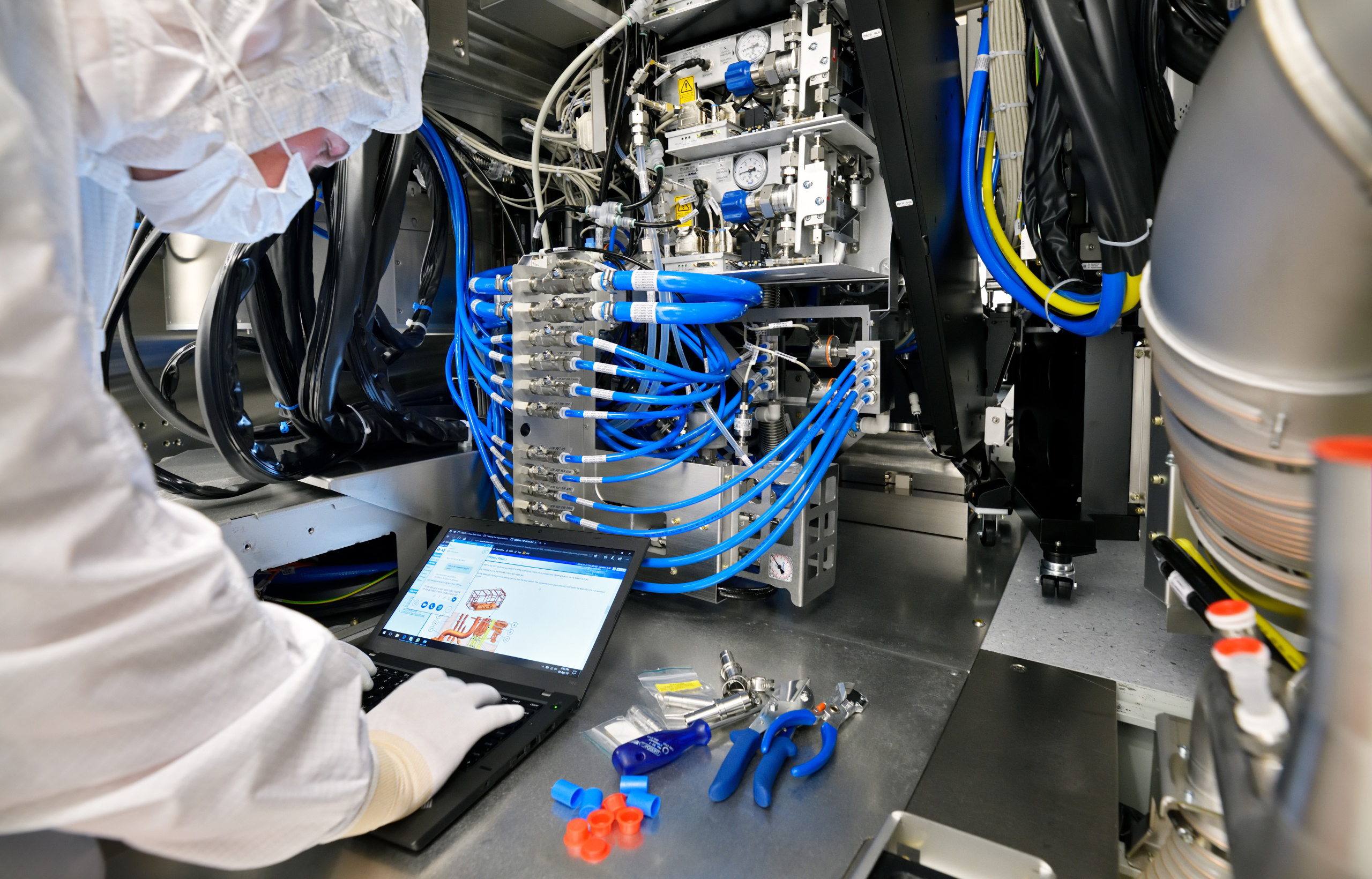ASML's China Export Sanctions Came Too Late, Contends Dutch Politician
Dutch election front runner urges on stands for closer collaboration with the U.S., tougher stance on China.

Dilan Yesilgoz-Zegerius, the frontrunner in the Dutch electoral race, believes that the Netherlands lagged in imposing export controls on ASML's advanced deep ultraviolet (DUV) lithography tools and allowed their exports to China for years. This delay, she suggested in an interview with Bloomberg, has implications for both national security and technological competition with China.
"It was probably better if we had taken them before," said Dilan Yesilgoz-Zegerius.
Although the Dutch government restricted sales of ASML's Twinscan NXE extreme ultraviolet (EUV) lithography tools to Chinese entities because of the Wassenaar Arrangement, it did not restrict shipments of the company's Twinscan NXT:2000i and more sophisticated scanners to Chinese companies. This enabled the Semiconductor Manufacturing International Co. (SMIC) to refine its 7nm-class process technology to make an advanced application processor for Huawei's smartphones and possibly something more formidable for the Chinese military.
The Dutch government finally restricted the sales of the Twinscan NXT:2000i and more advanced DUV litho machines to China starting September 1, 2023. As a result, ASML now has to apply for an export license to ship these tools to Chinese customers, and the government will review these applications individually on a case-by-case basis.
Meanwhile, starting January 1, the authorities will introduce more restrictions, which will make the lives of Chinese chipmakers harder and impact ASML's sales in the long term.
Meanwhile, SMIC already has Twinscan NXT:2000i tools and can develop process 5nm-class or even finer technologies. They can also mass-produce chips using these production nodes, assuming that they can get spare parts for these DUV scanners and the right raw materials. Furthermore, since the tools are already in China, Chinese scientists could eventually copy them, which will hurt not only ASML but also chip designers from the West.
Get Tom's Hardware's best news and in-depth reviews, straight to your inbox.

Anton Shilov is a contributing writer at Tom’s Hardware. Over the past couple of decades, he has covered everything from CPUs and GPUs to supercomputers and from modern process technologies and latest fab tools to high-tech industry trends.
-
ivan_vy "It was probably better if we had taken them before", yeah, isn't obvious?Reply
chinese military is not the concern, never was, is the economic advantage (by technological supremacy) is what west companies fear to lose, same happened with the 5G scarce years ago. -
jp7189 Does this also restrict repair parts for ASML machines? We've been hearing about SMIC advances recently, but if these machines can't be maintained, those aspiration would be short lived.Reply -
Pei-chen Either you sell and make money or you don't sell and they replicate. No country in the history of the world, and in fact, no animal species have ever achieved a permanent comparative edgeReply